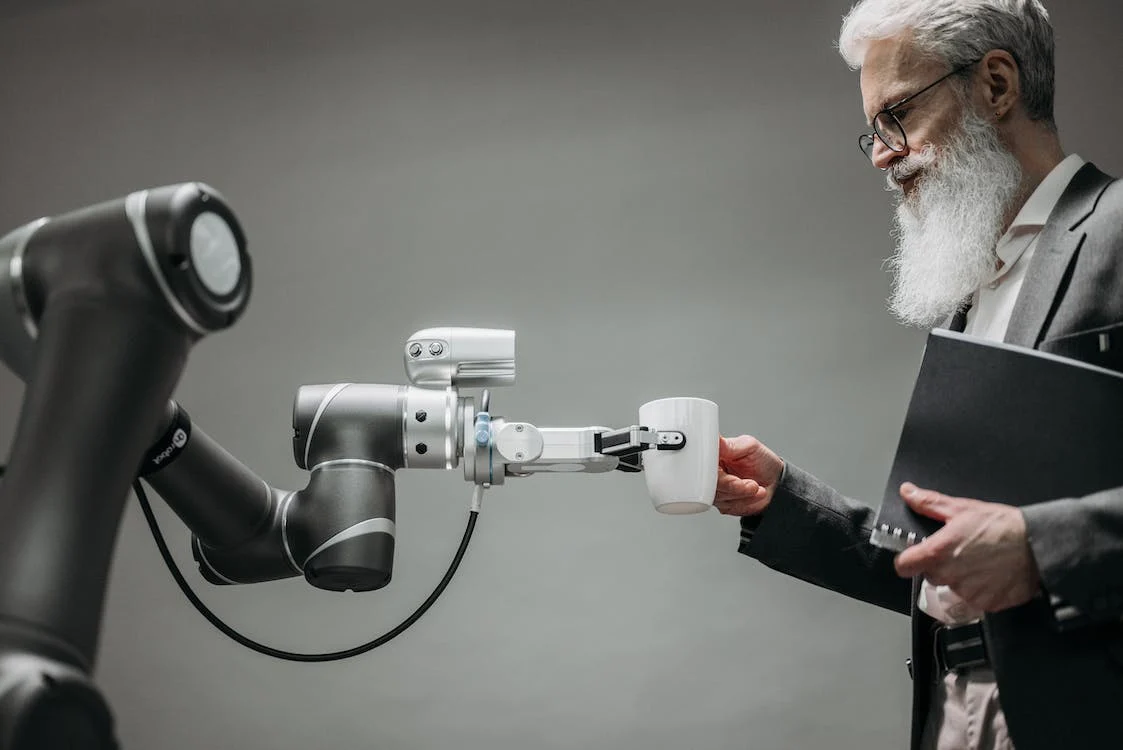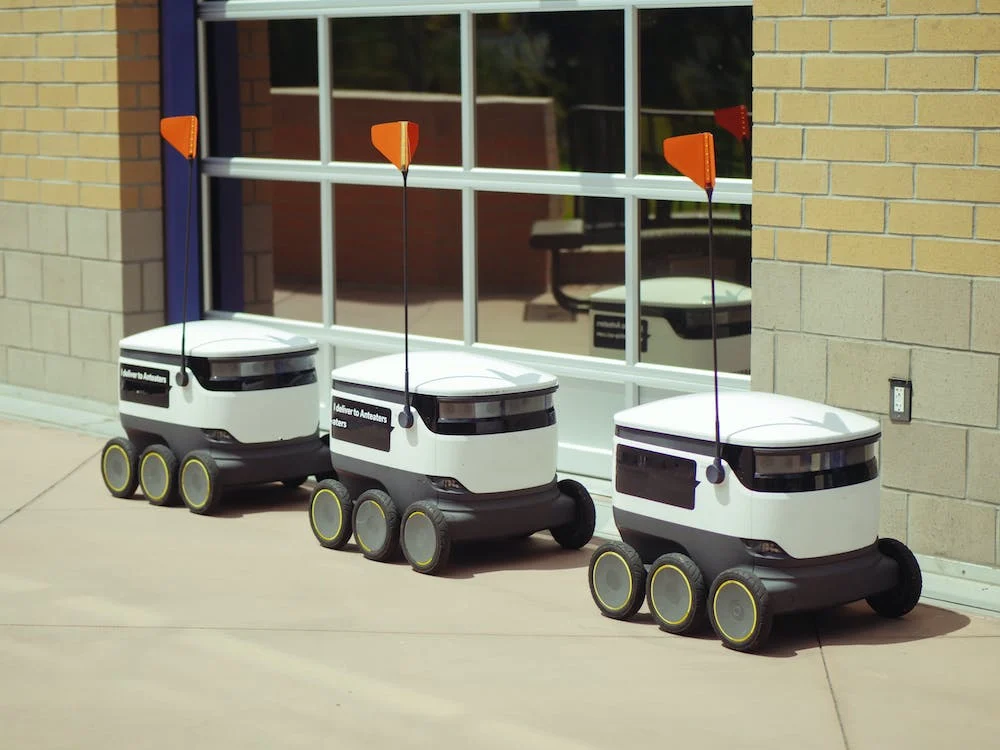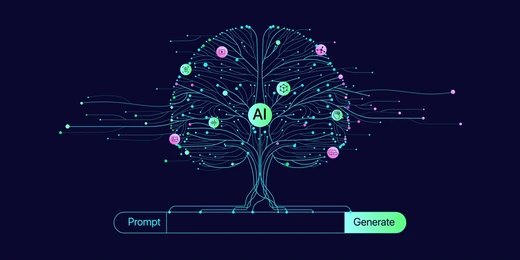
Artificial Intelligence and Tech Layoffs
Artificial Intelligence and Tech Layoffs: How AI Is Reshaping the Industry
The rise of artificial intelligence (AI) has sparked concerns about the future of employment. While the potential for job displacement looms ahead, the tech industry, which once seemed invincible, is already experiencing the upheaval caused by AI. Silicon Valley, at the forefront of technological advances, is facing the need to adapt quickly to the rapid progress in AI. As a result, several tech companies have cited AI as a reason for laying off workers and reconsidering their hiring strategies.

AI’s Impact on Tech Layoffs
Recent months have seen a small but growing number of tech firms taking actions related to AI. Chegg, an education technology company, revealed in a regulatory filing that it would be cutting 4% of its workforce, attributing the decision to its AI strategy and the creation of long-term value. Similarly, IBM’s CEO, Arvind Krishna, announced that the company would halt hiring for roles that could potentially be replaced by AI in the near future. However, Krishna clarified in a subsequent interview that he believed AI would ultimately generate more jobs than it eliminates. Additionally, file-storage service Dropbox cited AI as a reason for reducing its workforce by approximately 16%.
Challenger, Gray & Christmas, an outplacement firm, released a report revealing that 3,900 job cuts in May were due to AI, marking the first time they had specifically tracked layoffs in relation to this factor. Interestingly, all these cuts occurred within the tech sector. These moves indicate that Silicon Valley is not only leading AI development but also offering insights into how businesses are adapting to this transformative technology. Rather than rendering entire skill sets obsolete overnight, AI tools are forcing companies to reallocate resources to leverage the technology effectively, placing a premium on workers with AI expertise.
Businesses Shifting Focus and Prioritizing AI
Dropbox’s CEO, Drew Houston, acknowledged the growing significance of AI in a note to staff announcing job cuts, stating that the company’s future growth required a different mix of skill sets, particularly in AI and early-stage product development. This sentiment is echoed by Dan Wang, a Columbia Business School professor who emphasizes that AI enhances human work rather than replacing it. He believes that human specialists who can leverage AI tools will outcompete those without such capabilities.
A Tale of Two Silicon Valleys
AI-driven tech layoffs are occurring against the backdrop of broader job cuts within the industry. The uncertain economic environment and declining demand for digital services due to the pandemic have led to a significant number of layoffs. In 2023 alone, over 212,000 tech industry workers have been laid off, surpassing the 2022 figure of 164,000. However, alongside these mass layoffs, the tech industry continues to invest heavily in AI talent and technology.
The prominence of AI Skills and Specializations
Even software engineers, once in high demand in Silicon Valley, are now at risk of losing their jobs or falling behind in terms of salary growth compared to those with AI expertise. Comprehensive.io, a platform analyzing job listings and compensation data, reveals that senior software engineers specializing in AI or machine learning earn 12% more than their non-specialized counterparts. This difference is known as the “AI premium.” Furthermore, the salaries of AI-specialized senior software engineers have risen by 4% since the beginning of the year, while the average salary for senior software engineers as a whole has remained flat.
The Need for AI Skills and Integration
Roger Lee, the founder of Comprehensive.io, cites Dropbox as an example of a company offering high salaries for AI roles. The demand for AI skills extends beyond Silicon Valley, as workers in the tech industry and other sectors need to adapt to the changing landscape. Professor Wang emphasizes the
importance of exposure to generative AI tools and their integration into daily tasks. While not everyone needs to become AI specialist, workers must become proficient in using AI tools to enhance their efficiency in their respective roles.
Conclusion
Artificial intelligence is already reshaping the tech industry, leading to job cuts and the need for upskilling. Silicon Valley’s embrace of AI offers insights into how businesses are adapting to this transformative technology. Rather than replacing humans, AI is enhancing their work and creating new opportunities. As the industry undergoes a period of adjustment, workers must acquire AI skills to remain competitive and integrate AI tools effectively into their daily tasks. The shifting battleground for talent now revolves around leveraging AI creatively and effectively.













